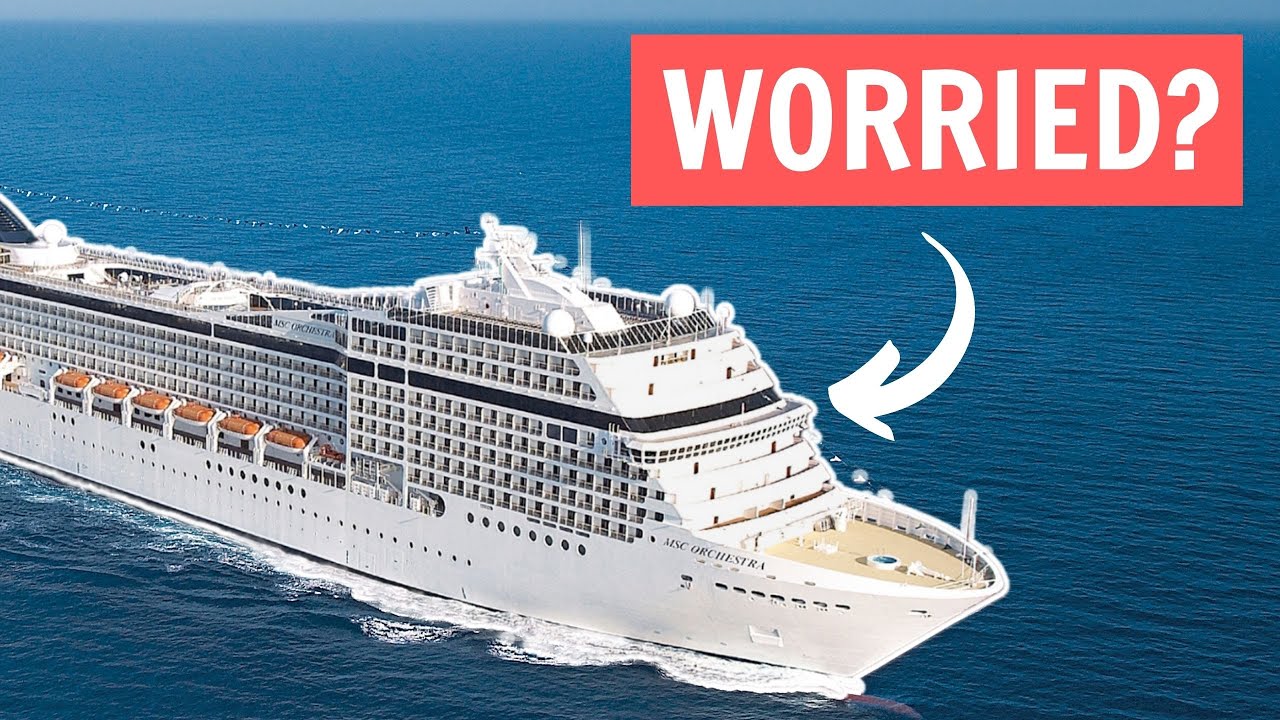Cruise ship travel insurance has a great deal to offer. Many cruise ships have been built with entertaining amenities for guests. In order to keep these great cruise ships in tip top shape, there is a need to have a cruise travel insurance policy. The policies offered can offer protection against unexpected circumstances that could lead to cancellation of the cruise. These policies also come in handy when cabin confinement proves problematic or medical emergencies occur during the cruise. It is important to know what types of problems cruise travel insurance covers.
Typical cruise travel insurance policies provide coverage for a variety of events that may happen off of the ship while on port or as soon as you get off the boat. These include sudden illness, injury, and loss of luggage or personal items. Some policies also cover cabin confinement and weather related issues.
Some policies offer coverage for unused excursions, missed port departure, and loss or theft of belongings. Unused excursions are coverage options that can be added to the main policy. One policy I would recommend is for an additional fee, get a 60 day trip-away plan, which allows for trips away from home that are not long or extreme enough to cancel a cruise travel insurance policy. Most of these plans allow for missed port leave, however some policies offer a limited amount of coverage for missed port leave and extended stays.
If a guest falls ill during a cruise or on an unplanned cabin confinement, what then? A policy like this will provide coverage. Illness, whether from illness or an accident, is typically covered. This includes prescription medications, vitamins, and any over the counter drugs that are prescribed by your doctor. You might also be able to get coverage for an extended stay if you have already paid for a full cabin confinement, but your visit has been extended past the 60 day limit.
What does cruise ship travel insurance cover for passengers who fall off or are injured while on the boat? If you are injured and require immediate medical care, you will need to contact your health insurance provider and find out what coverage they have for medical expenses while at sea. Some policies also provide coverage for prescription and nonprescription drugs while on board.
Some policies will also provide coverage for personal liability if you have a pet on board. It is important to note, however, that most policies do not cover liability for negligence. You will need to contact your provider for specifics. Cruise policies will usually cover lost or delayed luggage and missed connections. These are also a good way to protect yourself during emergency situations.
The last thing you need to know about what does cruise travel insurance cover is what it does not cover. Most policies will not cover medical expenses that occur off of the ship or while you are on it. This includes any medication you may be taking, such as eye medication or diabetic supplies. Cruise policies can also not provide coverage for damage to your personal property. However, there are some policies that do offer insurance for damage that happens to your luggage. Cruise coverage is often only available to individuals, and not groups.
So what does cruise travel insurance cover? It varies from policy to policy. For the most part, the main features offered are emergency medical, accident assistance and liability coverage. You will probably also want to check into wear and tear coverage. Most policies will not cover cancellation of a cruise trip. However, there are a few that will include cancellation penalties if your trip has been canceled due to weather conditions.
